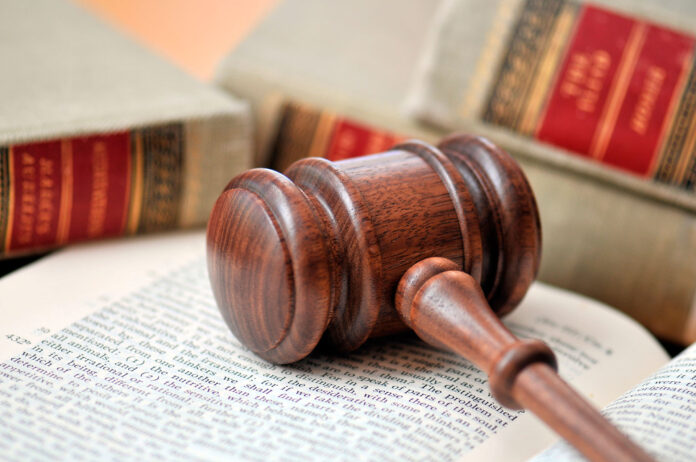Introduction:
In the realm of administrative procedures, a recent case involving the Mayor’s Decree in Cercedilla, dated January 27, 2022, has raised intriguing legal questions. The decree imposed upon Mr. Gonzalo M. P. the responsibility to undertake, at his own expense, construction works aimed at enhancing safety, hygiene, and public aesthetics of the building housing his car repair workshop. This comprehensive analysis aims to unravel the legal intricacies surrounding this case, addressing key issues such as procedural irregularities, property rights, and the municipality’s duty to ensure public welfare.
Case Overview:
The administrative process began with a visit to Mr. Gonzalo’s workshop by the municipal architect, whose inspection was hindered by the owner. The subsequent technical report outlined a set of necessary repairs, seemingly apparent to any observer. The execution order precisely mirrored the listed works, and its notification on January 28 failed to specify the finality of the act or the available recourse. Despite this, Mr. Gonzalo filed a reposition appeal on March 4, which remained unresolved. On June 2, 2022, a contentious-administrative appeal was initiated.
In the legal proceedings, Mr. Gonzalo’s legal representation contended that the absence of an opportunity for the workshop owner to present relevant information during the administrative process, coupled with the substantial economic burden imposed, violated constitutional principles. On the other hand, the municipal representation argued that the oversight in granting an audience was a non-invalidating irregularity, and the obligation to maintain buildings for public safety is an inherent responsibility tied to property rights.
Legal Issues Raised:
- Omission of Audiencia (Right to Be Heard): Mr. Gonzalo’s legal representatives assert that the absence of an opportunity for the workshop owner to present his perspective during the administrative process constitutes a procedural flaw. While the municipal representation argues that this oversight is non-invalidating, the core issue revolves around the constitutional right to be heard during administrative proceedings.
- Constitutionality of Economic Obligations: The constitutional question arises regarding the municipality’s authority to impose significant economic obligations for works on activities that yield modest profits. Reference is made to Article 33 of the Spanish Constitution, which limits the imposition of high economic burdens on economically fragile activities.
Relevant Legal Framework:
The case falls under the regulatory purview of the Community of Madrid concerning urban execution orders. The pertinent legislation includes the Law 9/2001, dated July 17, regarding soil use in the Community of Madrid.
Key Provisions:
- Duty of Conservation and Rehabilitation (Article 168): Property owners are mandated to maintain their properties in conditions of safety, hygiene, and public aesthetics. The duty extends up to the value of works within the normal content limit, representing half the value of a new building with similar characteristics.
- Orders for Conservation or Rehabilitation (Article 170): Municipalities are obligated to issue execution orders for the repair, conservation, or rehabilitation of deteriorated buildings. Failure to comply justifiably with these orders enables the Administration to resort to measures such as subsidiary execution at the owner’s expense, imposing penalties, or forced expropriation.
Conclusion: Striking a Balance Between Property Rights and Public Duty
In concluding this legal analysis, the case raises pertinent questions about the delicate balance between property rights and the municipality’s duty to uphold public safety and aesthetics. The application of relevant provisions from the Community of Madrid’s legislation provides a framework for resolving these legal intricacies. As the legal proceedings unfold, the courts must navigate the constitutional implications of the right to be heard and the municipality’s authority to impose economic burdens, ensuring a fair and just resolution.


